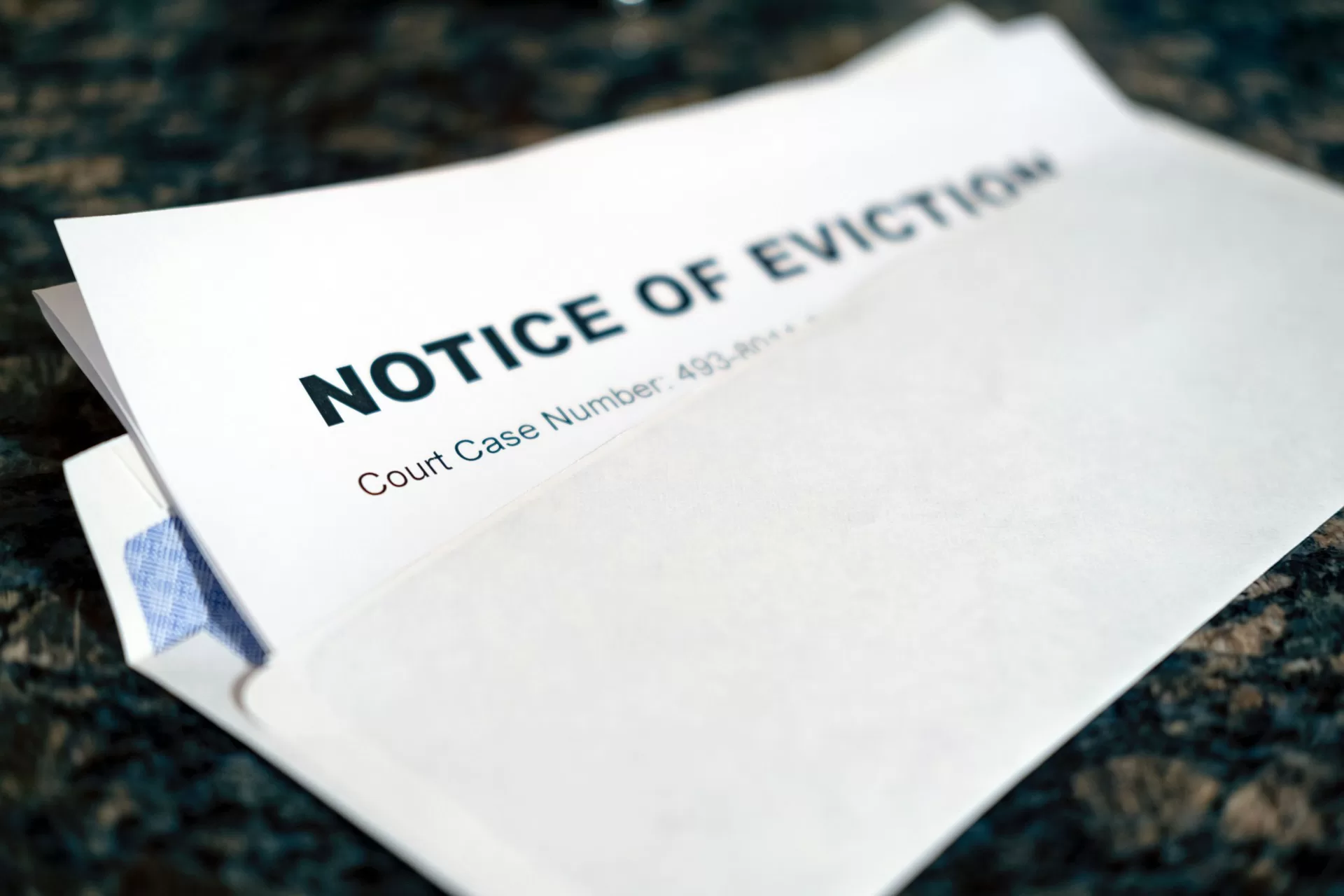The term “okupa” is a Spanish word that refers to a person who occupies or squats in a property without legal permission or ownership rights. In English, the term “okupa” is often translated as “squatter” or “occupier.” The process of evicting someone in Spain typically follows a legal procedure. The exact steps can vary depending on the circumstances and the type of tenancy agreement in place. Here is a general outline of the legal steps involved in evicting someone in Spain:
- Preparing a written notice: The first step is to prepare a written notice informing the tenant of the intention to evict. The notice should include the reasons for the eviction and a deadline for the tenant to vacate the property. The notice should be delivered to the tenant in person or through certified mail with acknowledgment of receipt.
- Filing a lawsuit: If the tenant fails to vacate the property within the specified deadline, the next step is to file a lawsuit with the competent court. The lawsuit should include all relevant documentation, such as the lease agreement, the written notice, and any evidence supporting the eviction.
- Court proceedings: Once the lawsuit is filed, the court will schedule a hearing where both the landlord and the tenant can present their arguments and evidence. The court will then issue a ruling based on the merits of the case.
- Eviction order: If the court rules in favour of the landlord, it will issue an eviction order. The order specifies a date by which the tenant must vacate the property. It is important to note that only an authorised court officer can execute the eviction.
- Enforcement of the eviction order: After the specified date in the eviction order has passed, the court officer will enforce the eviction by physically removing the tenant from the property if necessary. The landlord should be present during this process, along with the court officer.
It’s important to consult with a qualified attorney who specialises in landlord-tenant law in Spain to ensure that you follow the correct legal procedure in your specific situation. The laws and procedures may vary depending on the region, so it’s essential to seek professional legal advice for accurate guidance.
If you own a property in Spain and have any concerns or doubts about this procedure or even the possibility of this happening, you can email us at [email protected] or call us on +34 868 707 917.
